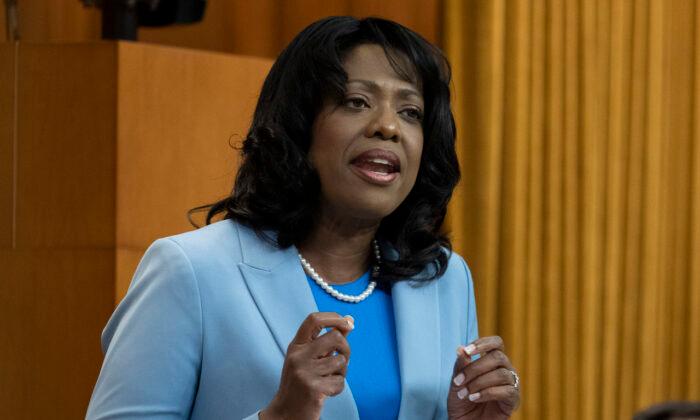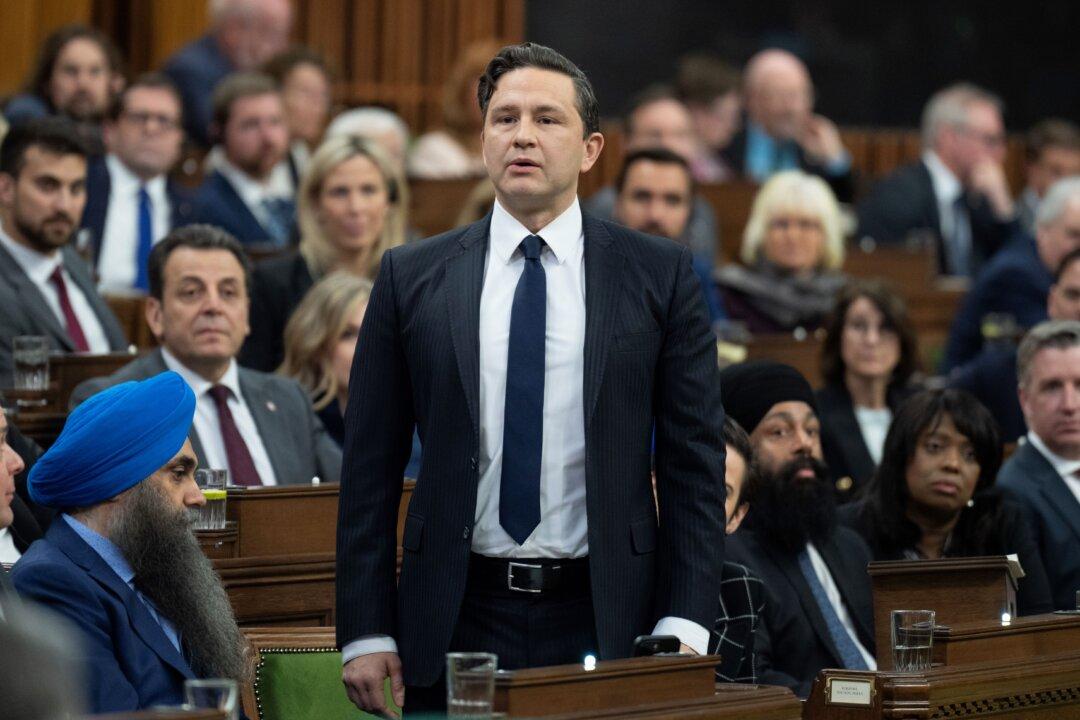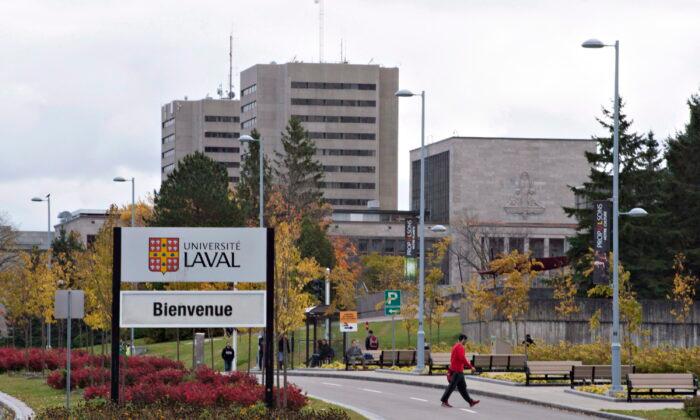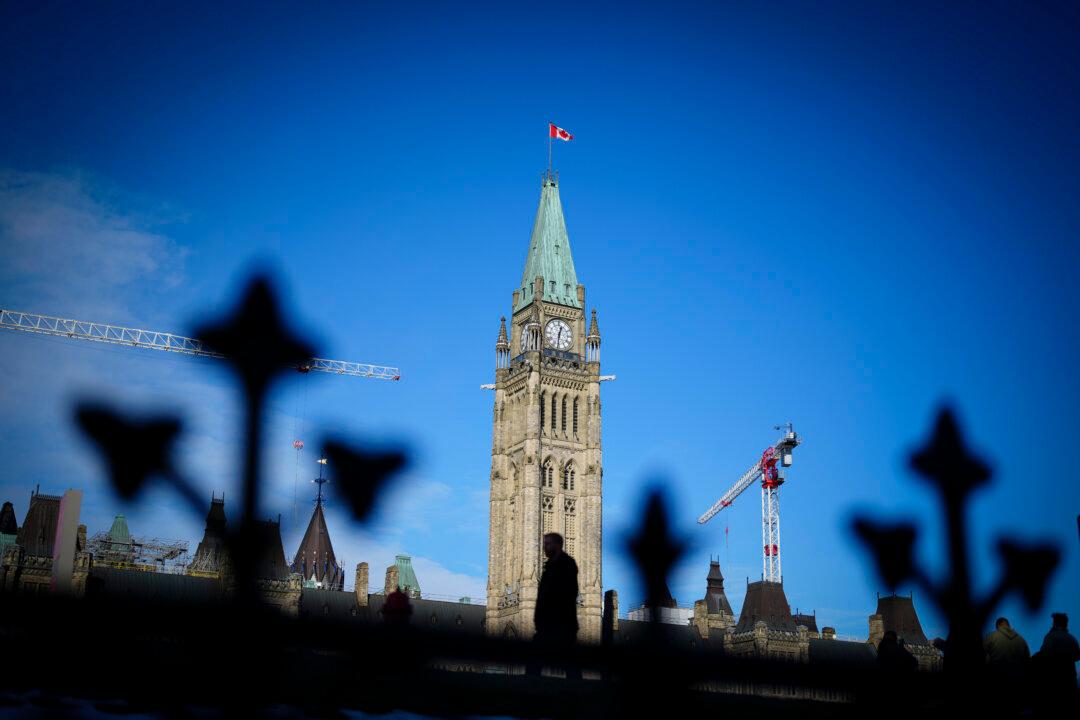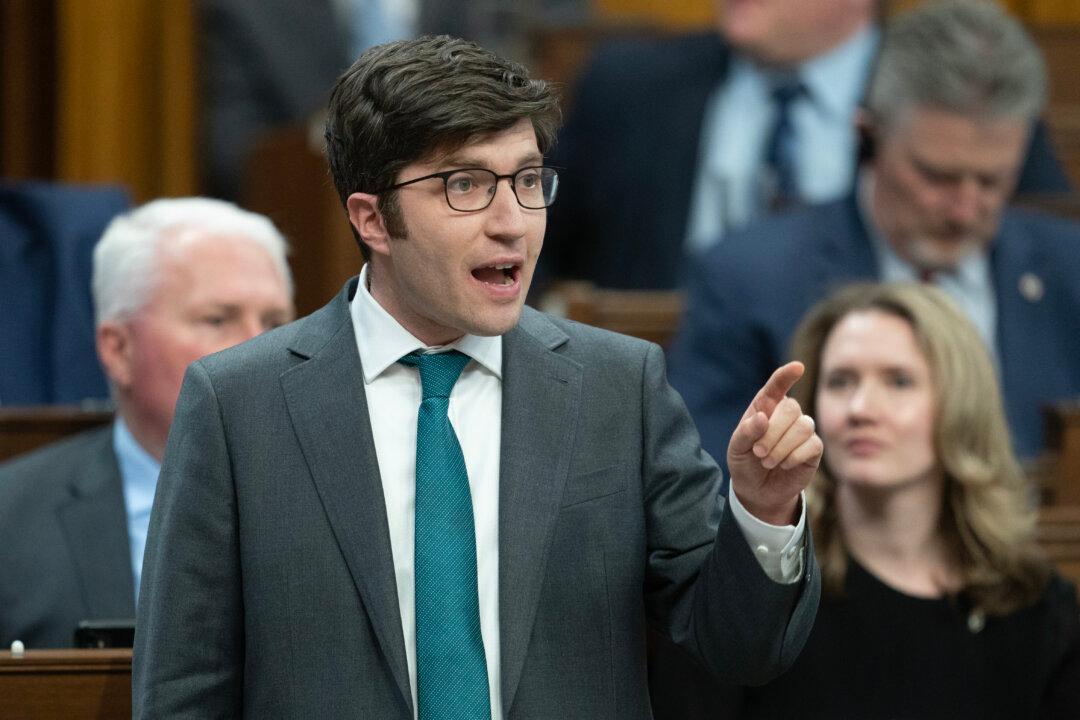Conservative MP Leslyn Lewis commented on Jan. 28 on the information she helped surface about Canada’s involvement in a World Economic Forum (WEF) project seeking to streamline federal regulations, saying it represents a “radical policy shift” from the current governance model.
“I don’t even remember this issue being brought up in Parliament, although this is like a radical change in the way that we conceive policy in this country.”
Lewis, a contender in her party’s last two leadership races and currently infrastructure critic, is alluding to the Liberal government signing on to the Agile Nations Charter in November 2020.
The Agile Nations network is an initiative of the WEF and the Organization for Economic Cooperation and Development (OECD).
Other countries involved include Denmark, Italy, Japan, Singapore, the United Arab Emirates, and the United Kingdom.
Details about Canada’s participation were obtained by Lewis by submitting an order paper with the government, with the lead department Treasury Board Secretariat (TBS) providing a response on Dec. 7.
“If we’re concluding that our government structure needs to be modernized, then the Liberal government should have respect for Canadians and our existing parliamentary system and have a rigorous debate in Parliament,” Lewis says.
Lewis told viewers she filed those questions with the government after being called a “conspiracy theorist” for noting the issue during the last leadership race.
She said others had also raised with her the issue of being “mocked and belittled by government” when speaking about WEF-related matters.
“The media labeled and demonized every Canadian that had the insight to ask questions about our government secretive arrangements with the WEF,” she said.
Lewis says the government signed the Agile Nations Charter while Canadians’ could not enjoy their own Charter of Rights and Freedoms due to being locked down, and that corporations were consulted on a post-pandemic governance structure whereas Canadians were not.
Lewis was alluding to several multinationals taking part in Agile Nations discussions, such as Facebook, IBM, and Siemens.
Freeland has held a seat on the WEF board of trustees since 2019. Her involvement has been cleared by the ethics commissioner.
